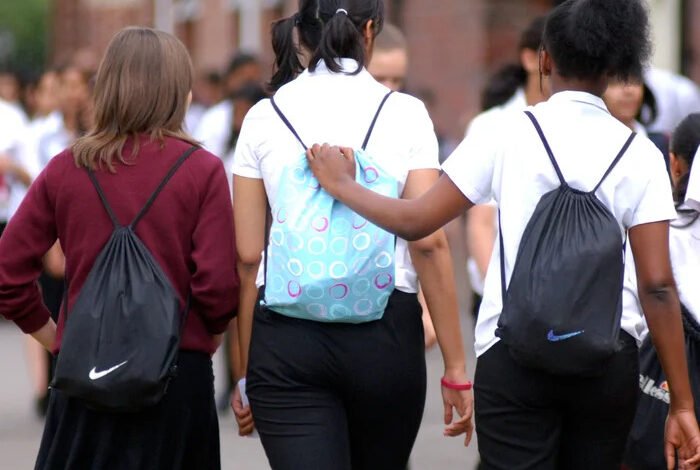Most Girls in UK Forced to Change Daily Habits to Stay Safe

A new survey by the Girlguiding charity has revealed the stark reality facing girls and young women in the UK today, showing how fear of harassment and misogyny is reshaping their daily lives.
Two-thirds of girls and young women between the ages of 11 and 21 said they have changed their everyday behaviour to try to stay safe.
Among them, 31% avoid taking public transport alone, and 56% said they feel unsafe travelling by themselves, a rise from 45% in 2022. Nearly one in three have stopped using public transport altogether.
The fear is even sharper at night: 86% reported avoiding going out after dark, with girls of colour even less likely to step outside. Almost one-third said they have altered how they dress, while others avoid places they once socialised or even skip exercising in certain spaces.
The sense of vulnerability is particularly acute among disabled girls, with only 17% feeling safe on public transport, compared with 33% of their non-disabled peers.
The classroom, too, is not immune. The survey found that more than half of girls aged 11 to 18 (58%) had experienced toxic comments from male pupils, while nearly a third had seen staff subjected to sexist or misogynistic abuse.
One in 10 girls aged 11 to 16 said they do not feel safe at school. That figure rises dramatically for disabled girls (three in 10) and LGBTQ+ students (two in 10). Some girls admitted skipping school altogether to avoid harassment, a rate that doubles for those with disabilities.
Even younger pupils are not spared. A third of girls aged 7 to 10 said they had received uncomfortable comments from boys, and nearly one in five said boys at school regularly comment on girls’ bodies.
Amanda Azeez, acting chief executive of Girlguiding, said the findings are a sobering reminder that progress toward equality remains incomplete. “Although a lot of progress has been made in creating an equal world, reading these stark findings makes us realise that in some areas, like the treatment and behaviour that girls face, things sadly haven’t changed at all,” she said. “Girls are not being treated equally and are consistently made to feel like they’re not enough. This is not only affecting their mental health but stopping them from being themselves.”
Girlguiding is calling on schools, local authorities, and public transport leaders to take urgent action and to include girls and young women in shaping those solutions.
Yet even in the face of hostility, the survey found resilience. Seven in 10 girls said they had stood up for others when they witnessed sexism or misogyny, proving that solidarity among young people is strong.





